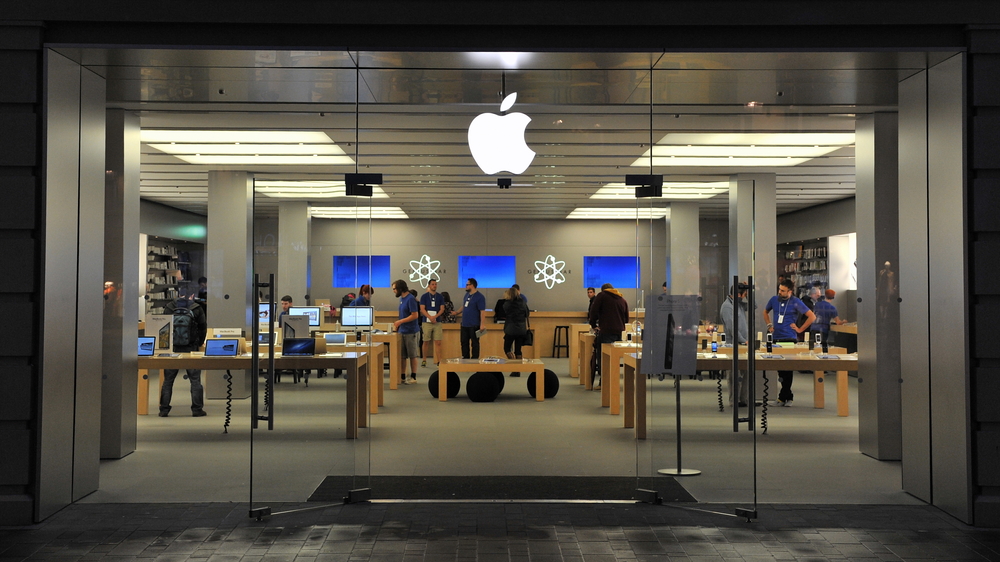
Apple’s recent announcement to revamp its app ecosystem in Europe in accordance with the European Union’s Digital Markets Act (DMA) underscores a pivotal moment in digital market regulation and its impact on global tech giants. This strategic overhaul, which involves facilitating third-party app stores on iOS devices and significantly adjusting Apple’s in-app transaction fees, marks a profound shift in the company’s historically stringent app distribution and payment policies.
These changes, effective with the launch of iOS 17.4 in March 2024, are among the most consequential adaptations to Apple’s business model since the App Store’s inception, reflecting the increasing influence of regulatory frameworks on the digital economy.
Opening Up the iOS Ecosystem
The introduction of third-party app stores on iOS platforms represents a monumental shift in Apple’s approach to app distribution. By allowing users in Europe to download and install apps from sources beyond Apple’s proprietary App Store, the company is opening up new pathways for software discovery and installation. This move not only challenges the App Store’s dominance but also promises to enrich the app ecosystem with a broader array of choices for consumers, potentially spurring innovation and competition within the app development community.
For developers, the implications of Apple’s policy changes are significant. The reduced commission rates on in-app transactions—from 30% down to 17% for most transactions and from 15% to 10% under certain discount programs—offer a more favorable financial proposition, especially for smaller developers who have long contended with the financial strain of high commission fees. Furthermore, the ability to employ alternative payment systems without being subject to Apple’s commissions represents a substantial shift towards greater autonomy for developers, allowing them to choose the most efficient and cost-effective payment processing options for their apps.
Addressing Security Concerns
However, Apple’s strategy to mitigate potential security risks associated with these open policies is equally noteworthy. The introduction of automated and human review processes for all apps, regardless of their distribution channel, aims to maintain a baseline level of security and integrity within the iOS ecosystem. This precautionary measure acknowledges the potential vulnerabilities that could arise from a more open app marketplace, such as increased exposure to fraudulent activities, malware, and other cybersecurity threats.
Despite these security measures, Apple’s move to open up its ecosystem has sparked debate among developers, regulatory bodies, and consumer advocacy groups. Critics argue that while the changes signify a step towards compliance with the DMA, they may not fully align with the regulation’s goals of fostering a more competitive and fair digital market. Concerns have been raised about the potential for these policy adjustments to introduce complexities and loopholes that could dilute the intended benefits of increased competition and consumer choice.
Empowering Consumers and Developers
In addition to these developer-centric changes, Apple’s policy updates offer new options for European consumers, particularly in the realms of mobile payments and web browsing. By granting developers access to the iPhone’s NFC chip, Apple is enabling the creation of alternative mobile wallet applications, thereby diversifying the options available to users for contactless payments. This move could significantly alter the landscape of mobile payments, challenging existing monopolies and encouraging innovation in financial technology.
Moreover, the introduction of a choice screen for default web browsers in Safari represents a direct response to long-standing critiques regarding tech giants’ influence over user preferences through default settings. This change aims to empower users with more control over their digital experience, allowing them to select their preferred web browsers and potentially enhancing competition among web browser developers.
While Apple’s announcement marks a significant adaptation to the DMA’s requirements, it also raises questions about the broader implications of such regulatory measures on the global operations of tech companies. Although these changes are currently confined to the European market, they may set a precedent for similar regulatory efforts in other jurisdictions, potentially leading to a more fragmented global digital ecosystem. The balance between fostering innovation and competition, ensuring user security and privacy, and complying with diverse regulatory demands poses a complex challenge for tech companies navigating the evolving digital landscape.
Featured Image courtesy of medium.com
